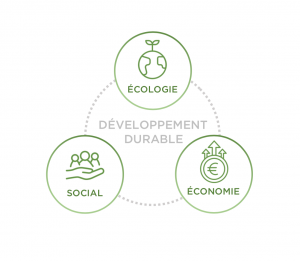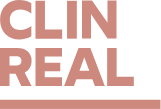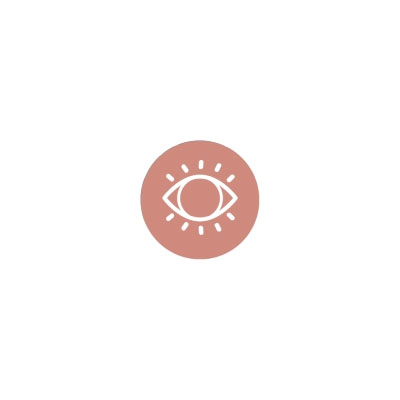FAQ
A cosmetovigilance claim expresses the consumer’s dissatisfaction while using a product. An individual and reactive intervention allows changing the negative perception into a positive after-sales experience!
The products performance evaluation, done through specific strict clinical trials, does not always reflect the product real use context. Therefore, the OCT (Clinical Observational Test) principle represents a concrete approach in real use conditions for which the product will be recommended and used (without invasive act and within the consultation natural frame).
So, this test allows, a posteriori, justifying the product interest and qualities for the targeted indication. With Clinreal, access to reality in real life is possible.
A better-living house: energy, water, waste… The habitat is the place where each of us can undertake simple actions, implement concrete solutions, for sustainable development
Moving differently: the transport environmental and financial impact is, from now on, well-known by everyone. There are a lot of clever and usually more economic ways to move differently.
Reducing waste: each year, a French person discard about 360 kg of waste. Packaging reduction, sorting, recycling, composting, going to landfills… We all have the possibilitý of reducing our waste, there are solutions.
Buying responsibly: our purchase choices have great impact on the environment: home waste increasing production, water scarcity, carbon emissions increase… It is essential to prefer minimal packaging products, with environment low-impact manufacturing conditions…
Protecting the species and the ecosystems: the biodiversity represents all the life forms (fauna, flora, natural environments and humans) as well as the relations between them. Facing the threats on biodiversity (pollutions, overexploitation of some species, climate changes, deforestation and fires, …), the ecosystems and biological diversity preservation is a world priority.
10 responsible digital green gestures: acting daily in relation with the reality thanks to green responsible gestures in our digital use to limit our carbon footprint: greenhouse gas, resources important consumption…
To learn more about the green gestures, please consult the business digital transformation portal.
And the ADEME site to be trained in the responsible digital field.

The RTC (Research Tax Credit) is a dispositive created by the French government which objective is to reduce the firms Research and Development (R&D) costs to increase their competitivity.
Since 2008, Clinreal has regularly obtained and validated its accreditation.
For more information, please consult the official site:
The data analysis from the Cosmetovigilance surveys allow qualitative and quantitative advanced analysis. Considering these results and sharing them with the R&D departments leads to an objective and clear vision of the products tolerance, opening improvements paths.
Since 1998 France and since 2004 the European community have strictly forbidden the recurse to animal testing for cosmetics. This prohibition was later on extended to their ingredients in 2013.
The cosmetic field is a pioneer as it is the only one for which tests are totally illegal, in the whole European community. Outside this land zone, some countries still require animal testing.
However, cosmetic firms actively work worldwide for the recognition of the innovating alternative methods validated by the OECD (Organization for Economic Co-operation and Development) in order to abandon totally and definitively animal testing.
To learn more about that, please consult the post on our blog:
The French Data Protection Authority (DPA) adopted in a deliberation published on July 18th, 2019 in the Official Journal a repository related to the processing of personal data for managing the health vigilance.
This repository frames the management of the collected data for health vigilance implemented by manufacturers, firms, holdings, agencies, for launching on the market drug or medical device.
It specifies for this health vigilance the principles of the European General Data Protection Regulation (GDPR) implemented on May 25th, 2018.
It deals with health vigilance as mentioned in the February 27th, 2017 decree fixing the list of health adverse events categories for which the declaration or claim can be done on the portal signalement.social-sante.gouv.fr (pharmacovigilance, addict vigilance, biovigilance, cosmetovigilance, hemovigilance, etc.).
Read online: CNIL REFERENTIEL VIGILANCE.
Cosmetovigilance is a system of monitoring and registering the adverse effects linked to the cosmetic products use in order to list and centralize data on them for a better prevention.
It includes:
– the declaration of all adverse effects and the data collection on them
– the registration, evaluation and processing of data related to these effects in a prevention purpose
– the conduction of all studies and works concerning the cosmetic products secure use
– corrective actions conduction and follow-up, if necessary.
To learn more, on the ANSM site, organiser les vigilances (organizing the vigilance).
CLINREAL is proposing a concrete and efficient solution for optimizing your Cosmetovigilance management.
Discover QCMvigilance®on our site.
The Corporate Social Responsibility (CSR) is defined by the European commission as the voluntary integration by the firms of the environmental and social concerns to their business activities and their stakeholders’ relationships.
In other words, the CSR is the firms contribution to sustainable development issues.
A firm implied in CSR will aim having a societal positive impact while being economically viable.


